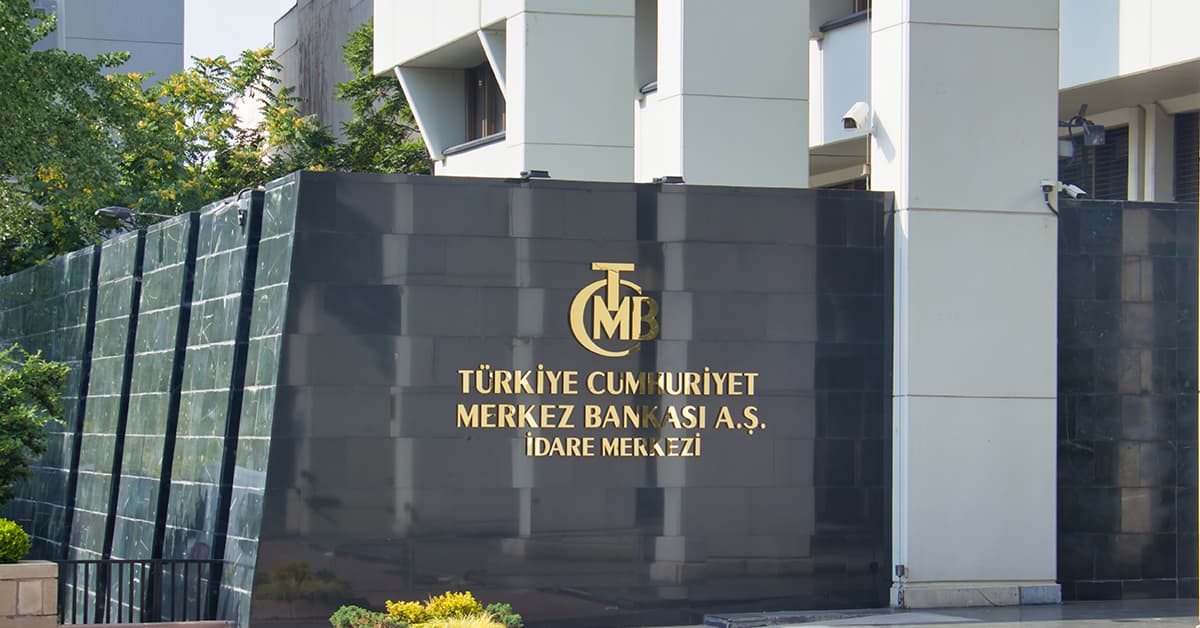If Kavcolu’s appointment results in interest rate cuts, financial markets will naturally react by using the FX rate as an automatic stabilizer.

President Recep Tayyip Erdoan’s abrupt dismissal last month of Naci Abal, the hawkish governor of the Central Bank of the Republic of Turkey, triggered a 15% overnight drop in the value of the Turkish lira as the nation adjusts to its fourth central bank governor in under two years and markets worry about a reversal of recent interest rate hikes.
Earlier, Abal had hiked rates 200 basis points to 19% to counter rising inflation; the move reassured markets and foreign investors but it did not fit Erdoan’s belief that higher interest rates cause higher inflation and vice versa. Abal’s replacement, ahap Kavcolu, had recently espoused lower interest rates in a pro-government newspaper.
It is currently too early to know how the new governor will act on interest rates, however, or how palatable the lira’s weakness will prove to be, but Simon Harvey, senior foreign exchange market analyst at Monex Europe, says Kavcolu’s recent stance suggests lower rates and a structural depreciation in the lira.
“At present, the only thing that is known is that markets aren’t accepting the news well,” says Harvey. “Offshore rates are climbing, the lira continues to trade just shy of the 8.00 handle [eight lira to one US dollar] and inflation will only continue to rise at present.”
Lower rates will just dampen investor sentiment and result in a lira depreciation, Harvey argues. If Kavcolu’s appointment results in interest rate cuts, financial markets will naturally react by using the FX rate as an automatic stabilizer.
“The currency will naturally weaken as real returns in Turkey are eroded and inflation will continue to rise,” he says, making it an attractive market for lenders.
“When there is substantial inflationary pressures but a reluctance to raise rates to counteract it, the lira tends to be punished,” Harvey warns. “This only exacerbates the vicious cycle. Authorities have previously intervened by emptying their FX reserves to offset market forces and keep the lira artificially strong, however, these reserves are now practically empty.”



